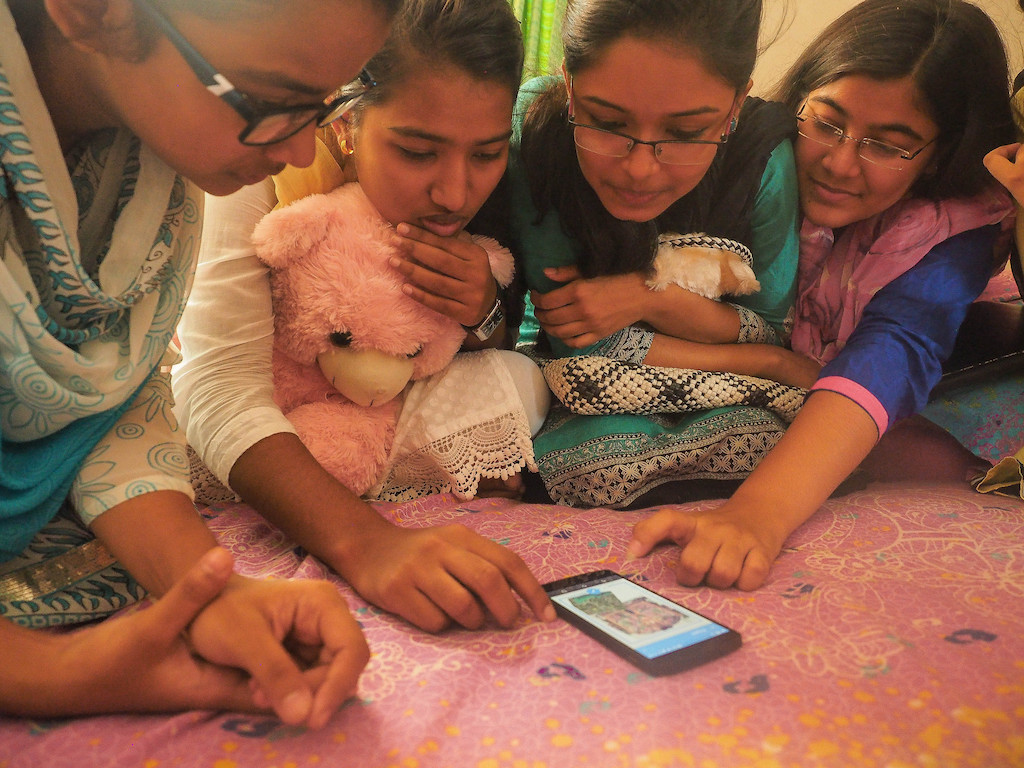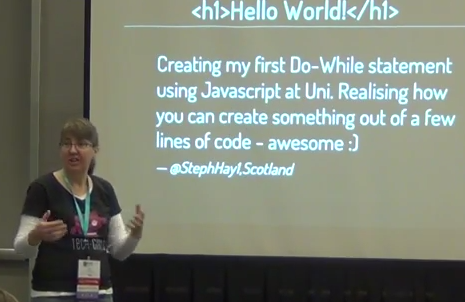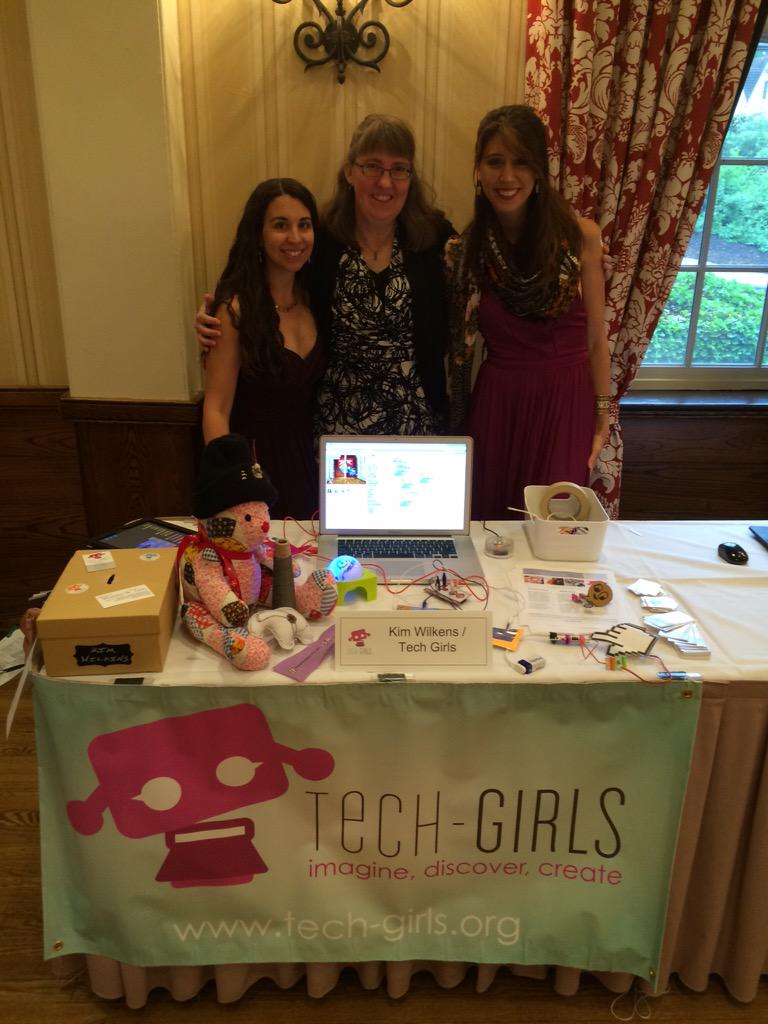
Mozilla recently hosted a Web Literacy Leaders Workshop as part of the NYC Department of Education’s IPPD (Innovation Partner Professional Development program). Here is an overview of the event, along with our challenge, lessons learned, and key takeaways.
When and where?
Wednesday, February 24th /// 9:00 – 15:00 /// Global Kids – New York City
Our engaged learners
21 teachers, librarians, administrators, and technology coaches representing different public schools across the five boroughs of NYC.
Our challenge
Prior to the event, our goal was to provide these amazing people with the tools and knowledge to infuse the web into their teaching, across any subject area.
However our participants had much more in mind… when asked for their expectations at the beginning of the session, our learners answered with even higher ambitions:
- “I want to help my students create something that belongs to themselves.”
- “I want balance… too much Google going on.”
- “I want my students to have a deeper understanding of how computers and the internet work.”
- “I want to learn more so I can teach better.”
The main event

Following a well designed agenda, we facilitated a participatory experience, blending no-fi activities with open-source tools Thimble and X-Ray Goggles. These tools help learners to understand web mechanics, and teach skills such as composing (basic HTML and CSS coding), remixing, privacy, community participation, open practices, and sharing.
This session was designed as an OER in a Thimble Project to be used and remixed by anyone interested!
There is also a guide that will help you with planning, logistics and organization to run a successful workshop in your community.
The outcomes
The initial survey results, the feedback received during the session and the open forum discussion tell us that, even when there is still a lot to accomplish, our learners…
- Have a better understanding of basic web literacy skills.
- Feel comfortable using these skills to read, write, and participate on the web.
- Feel comfortable teaching others basic web literacy skills.
So, it seems that we can say…

After the show… magic is happening
After the workshop concluded, the open forum became a place where teachers are sharing the real-life applications to what they learned:
“I shared the X-Ray Goggles tool with my history department today, and one of the Global teachers is really interested in using the tool when we discuss propaganda and the Cold War. We brainstormed ways to have students deepen their understanding of propaganda and perspective by having them change news articles.
I’m specifically interested in developing this idea for a history content course and not for the purpose of understanding code or the internet….but I think that understanding propaganda and perspective of the media historically DOES intersect perfectly with how our media works today, which depends on the internet! So I think it’s a lesson that could have a lot of layers to it”.
“I am incorporating the Mozilla lessons into my science curriculum, I presented a single lesson using Thimble. I let the students try out the Poster remix, keeping it in mind for a future periodic table project. They really enjoyed it, and figured out how to import new images into it”.
Lessons learned

” I liked the activities but I think we should have spent more time actually generating subject specific applications for them”.
- The Mozilla teaching tools used in the workshop, Thimble,X-Ray Googles, can be adapted across any subject area, such as Science, English, Math… However, it is helpful for us as hosts to provide examples of how others have used them. eg. To teach English while editing a newspaper’s redaction; to learn about gender and analyze the influence of media on stereotyping and discrimination; to improve reading comprehension; researching skills, etc.
“In all honesty I thought this was great! The only thing I might change is a bit more detailed introduction, with respect to what Web Literacy encompasses and the realm of learning activities shared through Mozilla”.
- The introduction moment is critical to deliver relevant information that will help to keep the flow during the session.When teaching adults, it is key to be clear about logistics, learning objectives, learning resources, and provide the big picture of the session.

” I LOVED being in the same room as so many other educators doing the same work as I am in school”.
- Educators appreciate sharing learning spaces with peers, and surrounding themselves with colleagues that face similar challenges and interests.
“I used to feel a fairly proprietary sense of my work, and I now I feel more compelled to be open and collaborative about it”.
- The methodology implemented has proven to induce active participation, collaboration, interaction, and knowledge sharing among the participants.
“I enjoyed the opportunity for the low-fi “Tag Tag Revolution” activity. I think that is an awesome way to get teachers and students coding.”
- No-fi activities are very well appreciated because they help to easily understand abstract concepts.
“I used to think that I would never understand the intricacies of the internet and coding. Now I think that this is a skill that I can master. And all I want to do is practice this skill until I have mastered it.
- After a lifetime of thinking participants aren’t capable, there is great satisfaction in seeing successful learning develop!
The conversation goes beyond the session
As part of the session design, we included some assignments to help our attendees to connect what they learned with their work and life. Also, we started an open forum to share experiences, makes, and resources.
Some makes
The creativity of our attendees always goes beyond expectations. This shows a learning experience enjoyable and meaningful:
Kanye-isms Generator /// Things to do on Saturday

Facilitators
PSD: Thanks to @KGorr for editing love!







 B.
B.
 D.
D.







